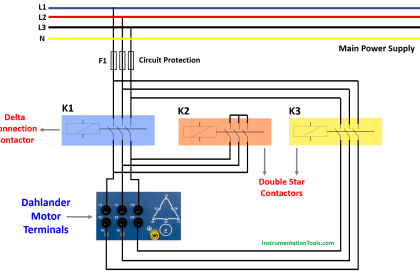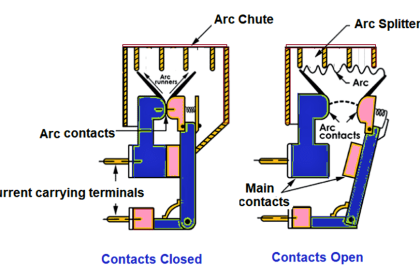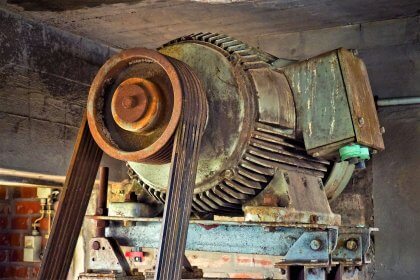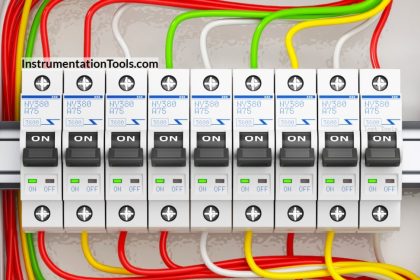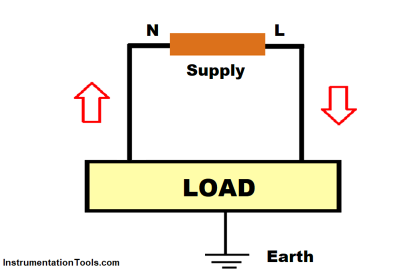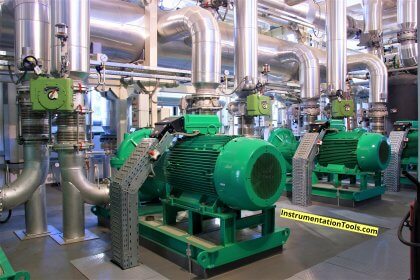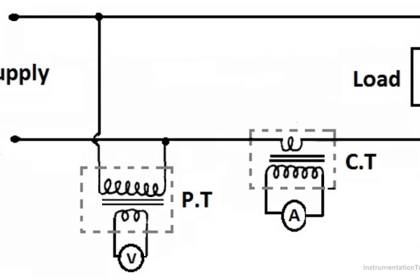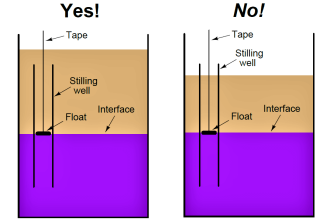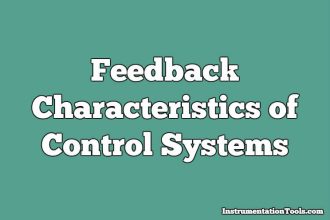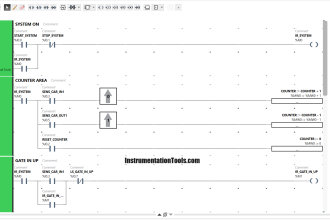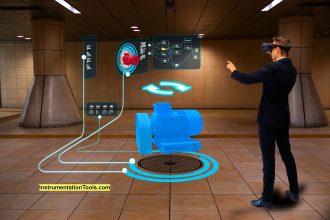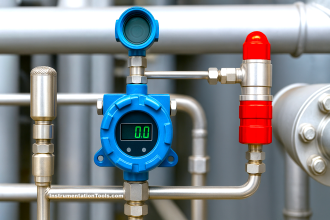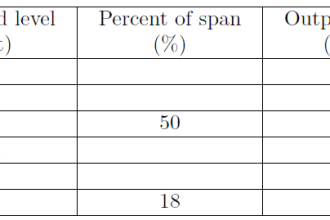In this post, we will learn the difference between RCCB and RCBO.
Circuit breakers are an essential part of an electrical circuit. It is a device that is used as a protective switch for passing electrical current with tripping conditions checked. When it detects a trip condition, the breaker opens its contact and isolates the input and output voltage from contacting each other.
Difference between RCCB and RCBO
Many types of circuit breakers are used in a circuit; but in this post, we will focus on two of the most used ones – RCCB and RCBO.
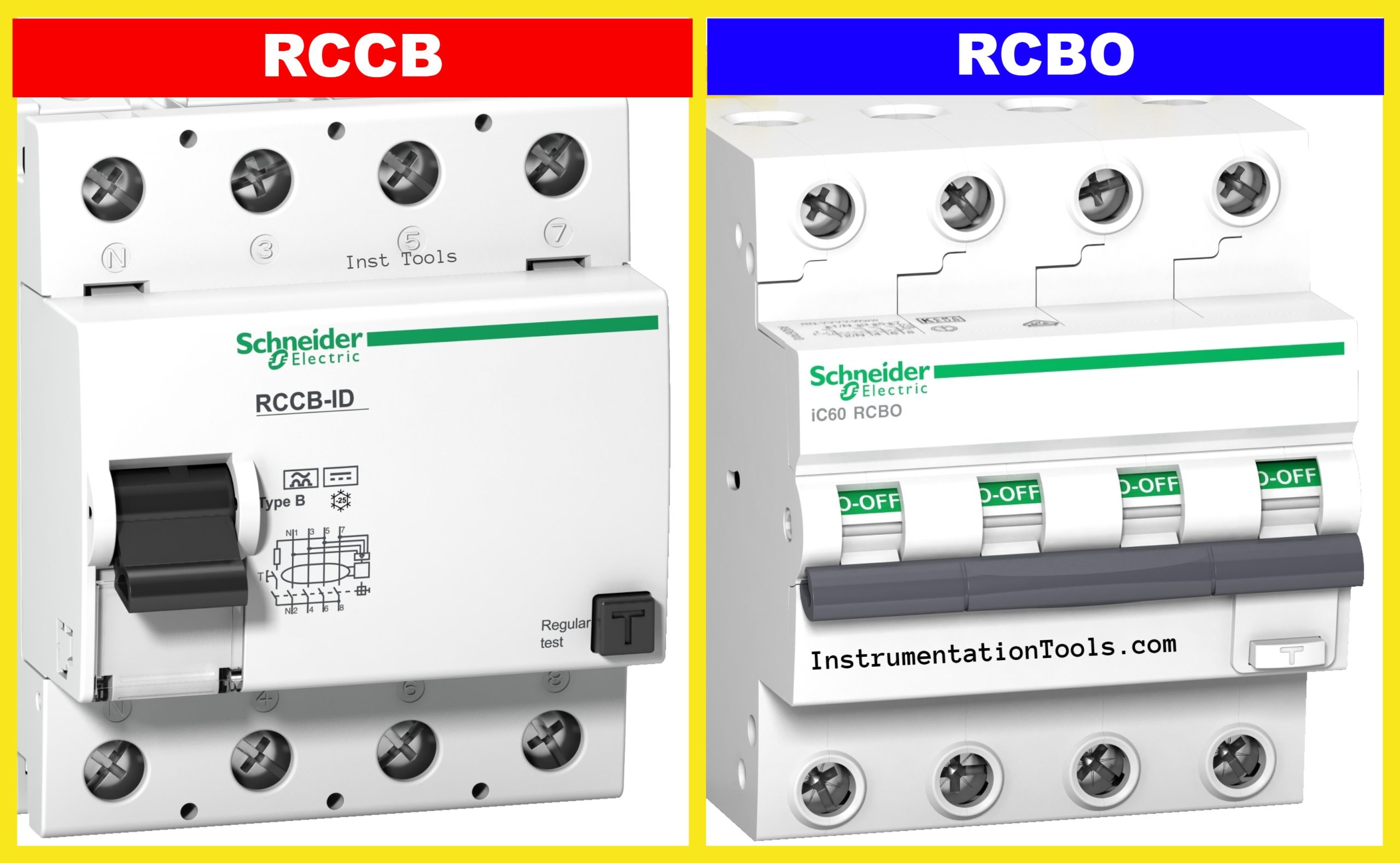
We will see the difference between both of them in this post. Many get confused in it’s naming convention and consider both of them as equal. But, there are considerable differences between both of them.
- RCCB stands for Residual Current Circuit Breaker and RCBO stands for Residual Current Breaker with Overcurrent.
- RCCB is used to protect against earth leakage fault current. But, RCBO is used to protect against earth leakage fault current with over-current too. Many do not know the exact meaning of earth leakage fault; let us understand it first. In a normal circuit, line and neutral currents will always be equal and balanced. But, whenever there is an earth leakage, as the leakage current flows through the earth, there will be an imbalance in both these currents as the line current will be higher than the neutral current. This difference in current is called residual current.
- The major difference that separates both circuit breakers is that RCBO has additional protection from overload and over-current. Basically, it majorly uses microcontrollers and it can also be said as a combination of MCCB and RCCB. That is why; it is more useful than RRCB; because RCCB does not provide protection against over-current.
- Cost-wise, RCBO is costlier than RCCB.
- The structure of RCBO is more compact than RCCB. RCCB is much wider in size than RCBO. Normally, if you use RCCB, then you have to also use MCB or MCCB along with it; for providing protection against over-current. So, it will consume more size too in the electrical panel. RCBO reduces this stress and reduces the size in a very vast way.
- The breaking capacity of RCBO is much higher than RCCB (typically up to 10kA).
- The wiring in RCBO is easier than in RCCB.
- Some RCBO’s also have indicators on them to show any earth fault trip. This feature is very helpful as it quickly aides the engineer in troubleshooting faults. Such a feature is not available in RCCB’s.
- The lifetime of RCCB is longer than RCBO; because RCCB detects only earth leakage current, as compared to RCBO which detects earth leakage current as well as over current.
These are the differences between RCCB and RCBO. It must be up to the electrical engineer to decide what to choose if he knows the basic requirements and functions.
